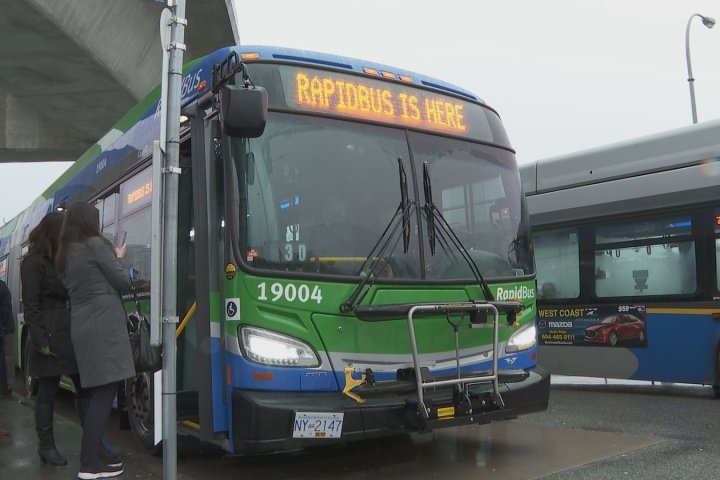The Union of British Columbia Municipalities (UBCM) has passed a motion to advocate for free transit for all residents in the province. The decision was made during the organization’s annual convention, where representatives from over 160 local governments gathered to discuss important issues facing their communities.
The motion, put forward by the City of Victoria, calls on the provincial government to work towards implementing a fare-free transit system. This would mean that all residents, regardless of their income or age, would have access to public transportation at no cost.
According to the UBCM, the move towards free transit is not only a matter of affordability, but also a way to address climate change and promote social equity. The organization believes that by removing financial barriers, more people will choose to use public transit, reducing the number of cars on the road and ultimately decreasing greenhouse gas emissions.
The City of Victoria, which has already implemented a free transit program for youth under 18, has seen a significant increase in ridership and a decrease in traffic congestion. This has not only benefited the environment, but also the local economy and the overall well-being of the community.
While some may argue that implementing free transit would be costly for the government, proponents of the motion argue that the long-term benefits outweigh the initial investment. They also point to other cities around the world, such as Luxembourg and Tallinn, that have successfully implemented fare-free transit systems.
The UBCM’s decision to advocate for free transit has received support from various organizations, including the Canadian Centre for Policy Alternatives and the David Suzuki Foundation. These groups believe that this is a crucial step towards creating more sustainable and equitable communities.
However, the motion is not without its critics. Some argue that free transit would lead to overcrowding and decreased revenue for transit agencies. Others believe that the focus should be on improving the current transit system rather than making it free.
Despite these concerns, the UBCM’s decision to advocate for free transit sends a strong message to the provincial government and highlights the growing demand for more accessible and sustainable transportation options. It remains to be seen how the government will respond to this call for action, but the UBCM’s motion has certainly sparked an important conversation about the future of public transit in British Columbia.




